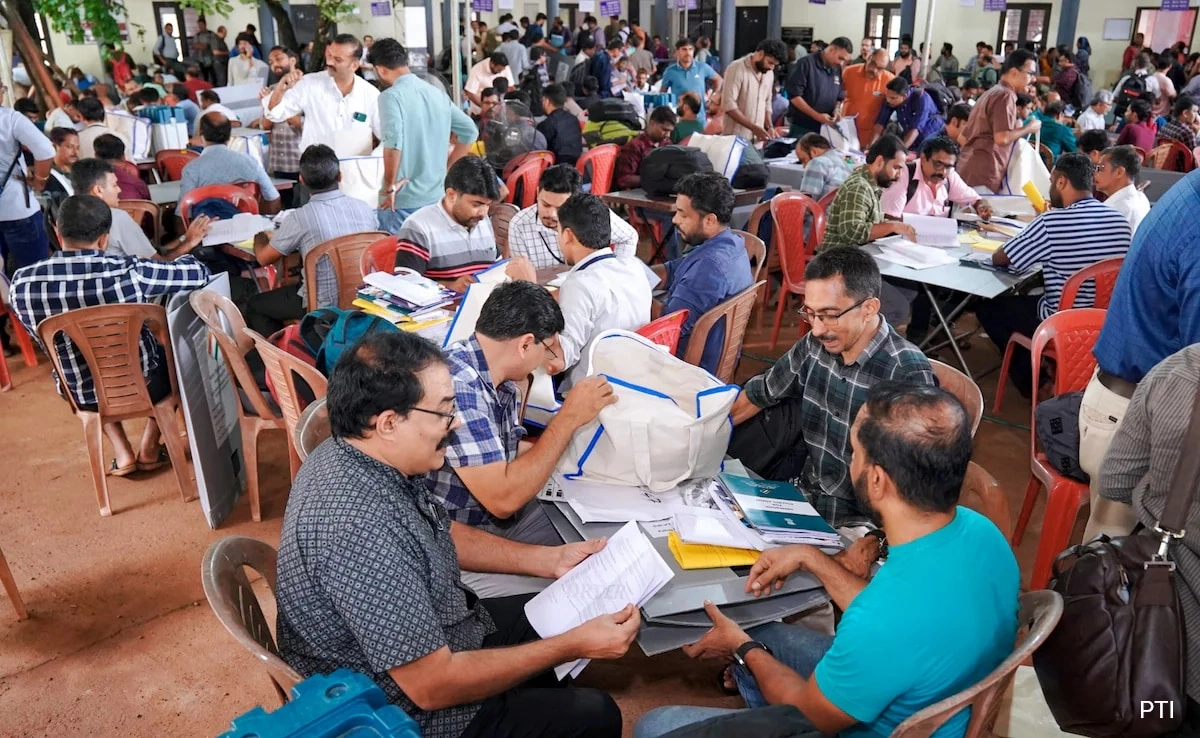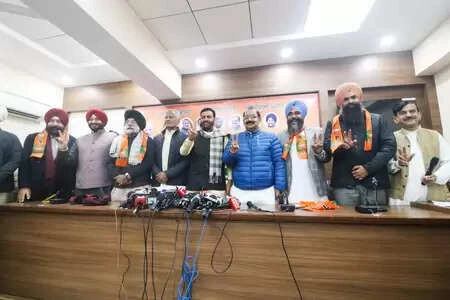In a notable turn of events in India’s political landscape, the Aam Aadmi Party (AAP) has secured a significant victory in Gujarat’s Visavadar constituency. This win marks a crucial milestone for AAP as it continues to expand its influence beyond its traditional stronghold in Delhi. The party’s success in Visavadar is indicative of its growing appeal among voters in Gujarat, a state predominantly known for its strong allegiance to the Bharatiya Janata Party (BJP). The AAP’s campaign focused on issues such as education, healthcare, and local development, resonating well with the electorate. This victory is expected to bolster the party’s position in future electoral contests across the state and potentially challenge the BJP’s long-standing dominance.
Meanwhile, in Kerala, the Congress party has emerged victorious, reinforcing its status in the southern state. The election results reflect the party’s ability to connect with the local populace, addressing their concerns and aspirations effectively. Kerala has often been a battleground for various political parties, and Congress’s win signifies its resilience amidst fierce competition from both the Left Democratic Front (LDF) and the National Democratic Alliance (NDA). The party’s strategic campaigning, coupled with its focus on social welfare and development programs, played a pivotal role in securing this victory. This win is not just a testament to Congress’s enduring presence in Kerala but also a signal of the electorate’s support for its policies and leadership.
The outcomes in both Gujarat and Kerala are significant as they highlight the shifting dynamics of Indian politics, where regional parties are increasingly gaining ground against established national parties. The AAP’s success in Gujarat showcases its ability to resonate with voters outside its primary base, while Congress’s triumph in Kerala underscores its continued relevance in a competitive political environment. These election results may serve as a precursor to future trends in upcoming state and national elections, as parties recalibrate their strategies to connect with an evolving electorate. As the political landscape continues to change, the implications of these victories will likely be felt far beyond the immediate constituencies, influencing party strategies and voter sentiments across the nation.




